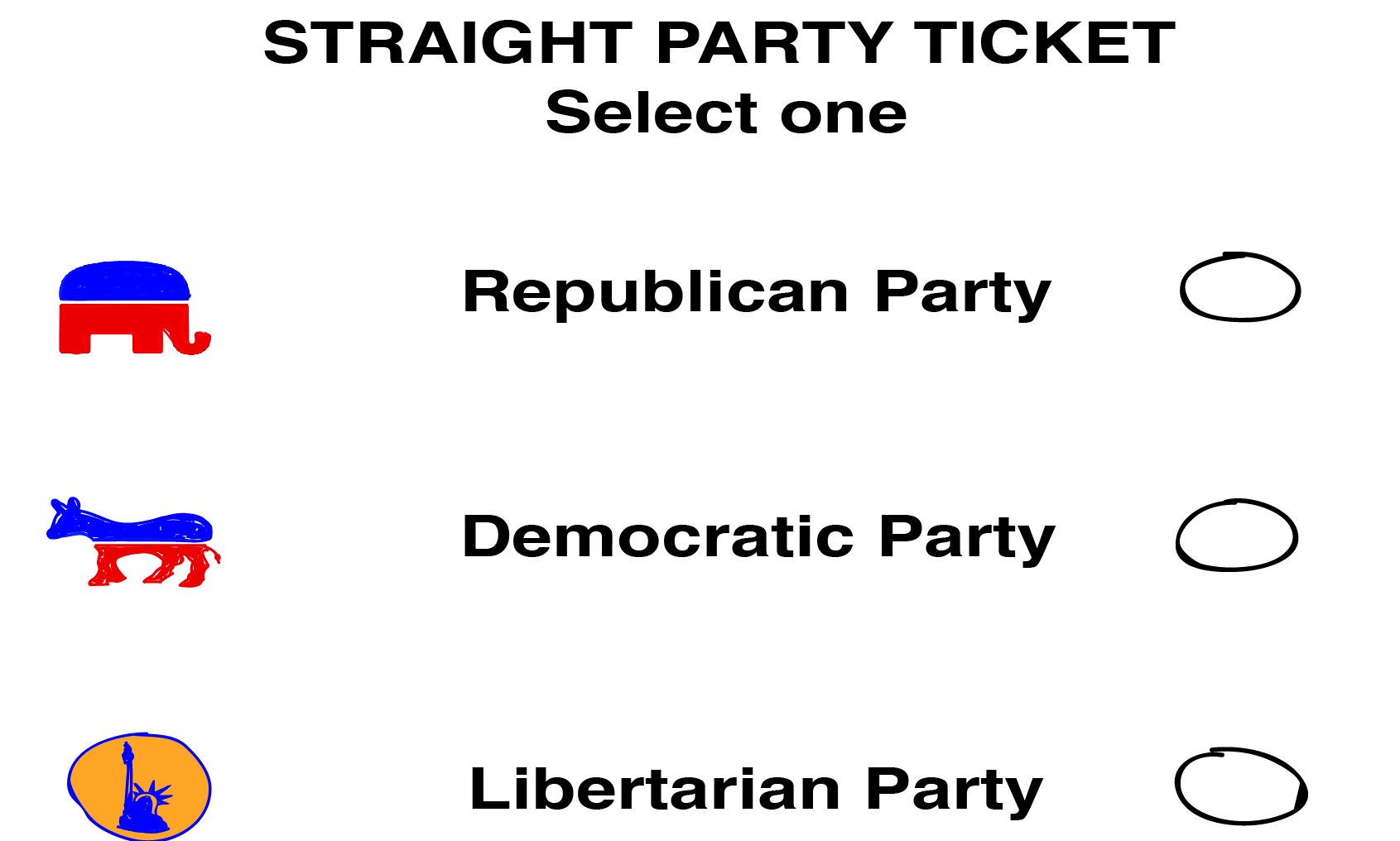A unanimous decision by the New Mexico Supreme Court Wednesday, Sept. 12, blocked the option for using straight-party voting in the November 2018 general election.
Straight-party voting, also known as straight-ticket voting, is an option on a ballot to fill in one bubble to select all candidates of a single party.

The New Mexico Supreme Court ruled New Mexico Secretary of State, Maggie Toulouse Oliver, did not have the authority to reinstate this voting option, which she had just announced two weeks earlier. The court indicated the power to change the ballot lies solely in the state legislature
“Did the Legislature intend to delegate it’s discretionary authority over straight-party voting to the Secretary of State? It clearly did not,” Chief Justice Judith Nakamura said when announcing the court’s opinion.
Toulouse Oliver did not immediately respond to the New Mexico News Port’s inquiry for comment.
The Albuquerque Journal reported after the Supreme Court hearing, Toulouse Oliver told reporters she was disappointed by the decision, but glad they provided clarity on the extent of her authority.
“The straight-party voting option isn’t a partisan issue, it’s an access issue,” she said in a statement on Aug. 31, following the announcement of the lawsuit. “I’m committed to providing voters with as many options as possible to ensure eligible voters participate and to keep our democratic process strong.”
The court decision comes after years of pushback nationally against straight-party voting. According to the National Conference of State Legislatures: Texas, Alabama, Indiana, Kentucky, Oklahoma, Pennsylvania, South Carolina and Utah are the only eight U.S. states that allow straight party voting on the ballot.
Indiana abolished straight-party voting in at-large elections in 2016. The Texas state legislature moved to abolish the option for the 2020 election cycle. Other U.S. states began to remove the option in the 1990s.
The Lawsuit
On Aug. 29, Toulouse Oliver, announced her decision to reinstate straight party voting in New Mexico for the Nov. 6 elections. That triggered instant backlash from many in the state on both sides of the political aisle, but especially from Republican and Libertarian Parties.
Straight party voting was initially removed from the ballot in 2011 by Diane Duran, the Republican secretary of state at the time.
The Republican and Libertarian Parties of New Mexico, along with several other groups, filed suit against Toulouse Oliver shortly after her reinstatement of the controversial ballot option.
“Virtually all political observers agree that straight ticket voting benefits the Democratic Party of New Mexico… and harms independent, minor-party and Republican candidates,” the lawsuit stated.
The lawsuit implies Toulouse Oliver was working in self-interest. She is a member of the Democratic party and is seeking re-election for another term as secretary of state in 2018. She has shown her support for the reinstatement of straight-party voting on several occasions, most notably during her 2016 campaign.
“I don’t honestly think [straight-party voting] is going to have that big of an effect in terms of the close races and the outcomes of those close races,” said University of New Mexico Political Science Professor Timothy Krebs. “If they are close races, the people who are most likely to turn out and vote are going to have some opinion on the candidates in the close races.”
Krebs noted that if the straight-party option is chosen, it does not mean the voter has to exclusively vote according to their chosen party. He pointed out that voters could opt out of straight-ticket voting, or they could use the option but still choose other party candidates in specific races of their choice.
Makayla Grijalva is a reporter for the NM News Port, she can be contacted on Twitter @MakaylaEliboria
